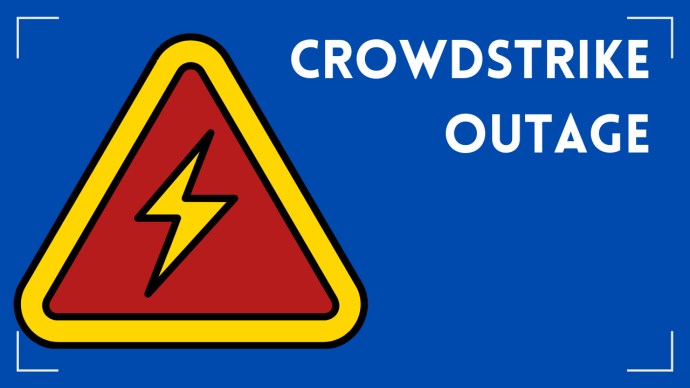As the business community becomes increasingly dependent upon mobile devices such as laptops, tablets and smart phones, thieves become increasingly eager to steal them. And studies show that lost or stolen mobile devices account for a large percentage of data breaches that have compromised millions’ of consumers’ personal information. Fear not. There are ways to minimize risk.
There are gadgets like locks and alarms that may deter a thief from stealing your laptop should you leave it unguarded for a minute or two, but nothing works better than paying attention to what you do.
Awareness – The three most common places where mobile device thefts occur are airports, public transportation and cars. It’s easy to set something like a laptop or tablet down on the seat beside you while riding a bus or subway or waiting to board an airplane and then forget it when you stand up and leave. Thieves are always watching and waiting for opportunities to present themselves, so get into the habit of always putting your laptop or tablet on your lap when you’re not using it. If you have a large enough bag, put it inside your bag. When you’re not using your smart device, put it in a pocket or bag. Never leave mobile devices sitting in your car where they can be easily seen by passersby. Slide computers under a seat or lock them in your trunk. You can hide smart devices in the glove compartment or inside a hollow arm rest.
Personalisation – Cell phones, laptops and tablets pretty much all look alike. One person could easily mistake your device for his. So, if you’re going to work in a local coffee house or some other public area, make sure that you distinguish your laptop from everyone else’s with stickers, paint whatever. You can set your smart phone apart with a cover that suits your personality.
Create complicated passwords – If your device should get lost or stolen, you could make it more difficult for a thief to get at the data within by having a complicated logon password. Use a combination of numbers, upper and lower case letters and symbols. If your employer’s security policy requires that you change passwords often, store the passwords in a small notebook that you keep with you. Taping them to the underside of your computer or desk is just asking for trouble.
Hide your screen – When you make the decision work in a public place like a coffee shop, you have to take the good with the bad. The bad usually comes in the form of other people eying your computer screen while you’re working. One way to keep from inadvertently sharing important information with the world at large is to use a privacy filter. For a modest investment, you can buy a cover for your computer screen that simultaneously guards against glare and prying eyes.
Encryption – When you encrypt the files that you store on your mobile device, you make it tougher for thieves to access them. Password protecting files also helps.
Remote wipe capability – Install special software on your device that allows you to erase files from anywhere, just in case you do lose your mobile device or someone steals it. You may not get your device back, but at least none of your important data will be compromised.
To the cloud – If you store important information in the cloud instead of on your computer’s hard drive, you won’t have to worry about losing everything should the device get lost or stolen.
Training – Teach your employees good security habits like always locking their computers or logging off when they need to walk away even for a minute. Post training reminders and even hold drills to keep those good habits always at the forefront of everyone’s mind.
There’s no way to guarantee that a mobile device will never get lost or stolen. But you can reduce the odds of that happening and minimize the amount of damage that could be done if a device is lost or stolen by following one or more of the above tips.



